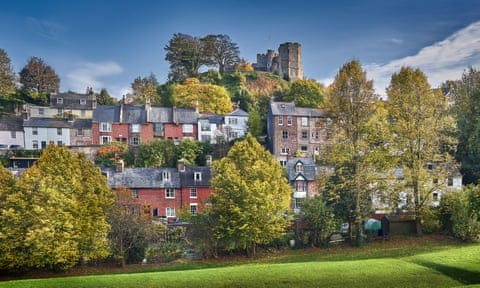Respected and loved reader Lori Ann Cotton was kind enough to send the link to which you’ll be directed below. First, however, a couple of quick comments.
The short BBC article that accompanies the link is excellent, chock full of exciting history and lore, and we recommend it to you. Beware, however, that there is one glaring mistake at the very end.
The article quotes Paine as writing or saying:
”"The world is my country, all mankind are my brethren." WRONG
The article’s author is mistaken. This phrase CANNOT be found in any of Paine’s writings or speeches. There is no record of it: hard stop. And yet, it is repeated over and over in all kinds of books - often by author/historians who OUGHT to know better - pamphlets, and of course the self-spawning error-nest that is the internet. It is is quite possible that “The Great Orator” Robert G. Ingersoll may have been the original source of this variation, now incorrectly attributed to Thomas Paine.
Paine most certainly did write the following in RIGHTS OF MAN, Part 2:
"My country is the world, and my religion is to do good."
Now you can correct this unfortunately VERY common error wherever you see it.
Below is a view of Lewes with Bray (or Lewes) Castle at the crest. The castle, originally a single motte-and-bailey, was first completed shortly after the Norman invasion in 1066. I had the great pleasure of visiting here with my French colleague and brother Salim Belguidoum in the spring of 2023. Another beloved friend, the journalist and author Angela Wigglesworth, kindly gave us a tour of the town and a tea in her then home, itself one of the historic rowhouses characterisic of this view.
The link to the BBC article follows the image and it is a GREAT read.
https://www.bbc.com/travel/article/20241118-the-quaint-english-town-where-the-us-future-was-planned



